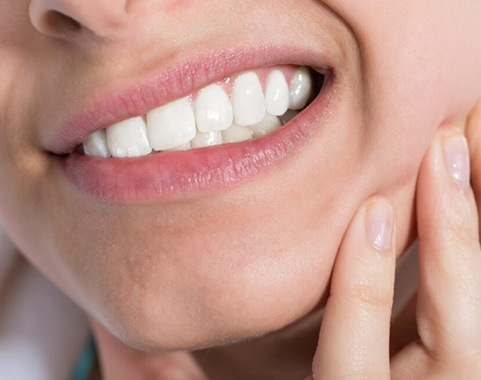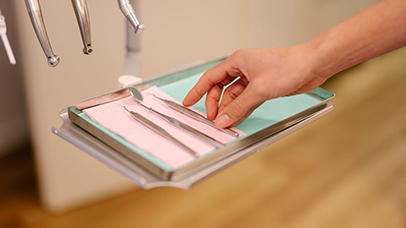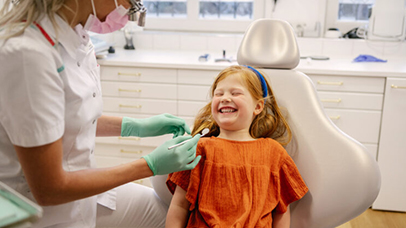Teeth grinding and teeth clenching
Teeth grinding and teeth clenching are extremely common. This is also referred to as 'bruxism' in dental terms. It occurs in both children and adults and one does this more frequently and more intensely than the other. Teeth clenching or grinding often happens at night during sleep, so it is usually the partner who notices this. But also during the day there is a lot of clamping and grinding! For example, consciously or unconsciously in situations of stress or concentration. The forceful sliding of the upper and lower jaws can cause wear of the teeth. Your teeth and molars then become shorter or narrower. The teeth are, as it were, 'eaten'.

The consequences of teeth grinding and clenching and the use of a grinding mouthguard
Teeth and molars can also become loose, fillings come loose or break and the splint comes loose. It is also detrimental to the recovery of inflamed gums. The jaw muscles can increase in volume and sometimes temporomandibular joint complaints occur. To remedy these complaints or to prevent these consequences, the dentist can manufacture a grinding mouthguard. We also call this nightguard, splint or bite plate. This ensures that the upper and lower jaw no longer touch each other, so that your own teeth no longer have to absorb these forces.
There are also factors that can significantly exacerbate wear, such as an incorrect position of the upper and lower teeth. If teeth and molars are 'locked', they rub against each other unfavorably during normal eating and talking. So it can sometimes be wise to first investigate what we can improve so that the interplay of forces in the mouth is better balanced. We call this a reconstructive examination. So we will first analyze and put in order the foundation of the teeth and not just fight symptoms. So we do not look at the individual teeth, but at the total picture. You can always schedule an intake for this, during which we discuss the various options.
Teeth grinding and clenching usually happens without symptoms.
Some symptoms of bruxism that are known;
- Tired jaw (jaw muscle pain)
- Difficulty opening and closing the jaw
- Sensitive teeth
- Earache
- Headache
- Jaw joint complaints
- Wear
- Press edges in the soft areas of the cheek
- Loose restorations
- Aborted restorations
- Loose splints
- Radiating pain to ears, arms, hands, etc.
If you have specific questions, you can always contact us by phone or fill in the contact form.
Contact Register immediately



